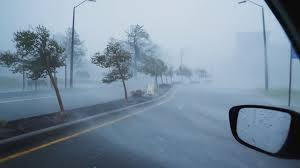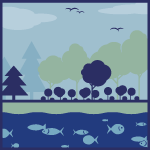 For more information on the topic of climate change, check out the University of Michigan’s Center for Sustainable Systems' Climate Change Factsheets.
For more information on the topic of climate change, check out the University of Michigan’s Center for Sustainable Systems' Climate Change Factsheets.
The curated collection below contains 18 videos, 7 podcasts and 5 games/activities. To access the resource, click on the image below the resource title.
Videos:
Climate Tales: Adventures on a Changing Planet
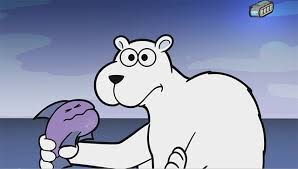 Grade Level: Pre-K-3
Grade Level: Pre-K-3
Duration: Episode 1: Will our heroes ever find their way home? 4 minutes and 9 seconds; Episode 2: Can our heroes save the precious plankton? 5 minutes and 28 seconds
Description: In these two videos from NASA Climate Kids, students will go on fun adventures with animal protagonists as they try to return a polar bear to his arctic habitat. Students will learn how climate change has impacted different environments, including the rainforest and ocean.
Climate Change: Crash Course Kids #41.2
 Grade Level: 2-5
Grade Level: 2-5
Duration: 3 minutes 40 seconds
Description: Watching this video from Crash Course Kids, students will learn the difference between climate and weather, how ecosystems are impacted by changes in the climate, and how greenhouse gases such as carbon dioxide are linked to climate change.
Climate: Climate Change and Greenhouse Gases | Science Trek
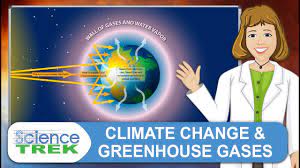 Grade Level: 3-8
Grade Level: 3-8
Duration: 6 minutes 4 seconds
Description: This video from Science Trek discusses how the greenhouse gases carbon dioxide and methane contribute to climate change. Students will learn about the consequences of climate change and what can be done to reduce greenhouse gases.
I'm only a kid, I can't do anything about climate change.... right?
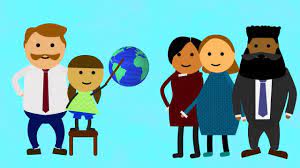 Grade Level: 3-8
Grade Level: 3-8
Duration: 6 minutes 58 seconds
Description: This video from Global Weirding with Katharine Hayhoe by PBS Digital Studios discusses the ways that young people have helped to address global warming. Students will learn about how kids like them have found ways of turning algae into biofuel and have worked with governments to pass laws dealing with renewable energy.
Adaptation and Mitigation | Climate Wisconsin
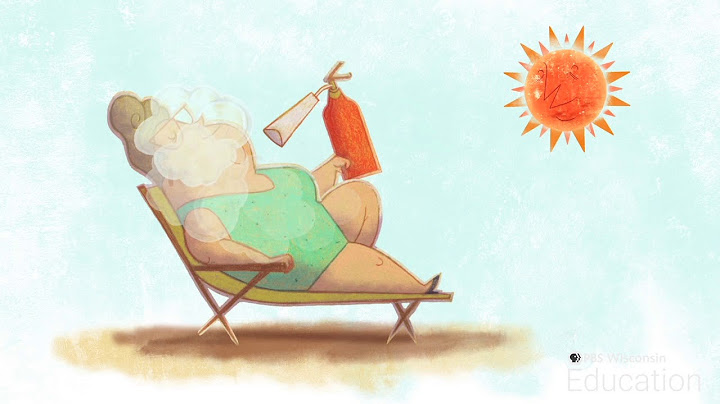 Grade Level: 3-12
Grade Level: 3-12
Duration: 2 minutes 47 seconds
Description: This short video from PBS Wisconsin Education discusses the impacts of climate change such as severe weather events and higher temperatures. Students will learn how humans can adapt to climate change by planting more trees and developing heat-emergency action plans. The video also covers climate change mitigation strategies such as reducing greenhouse gas emissions.
Students Fighting Climate Change | Power of Us
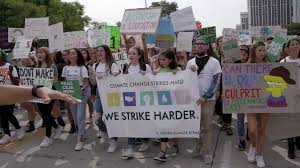 Grade Level: 3-12
Grade Level: 3-12
Time: 5 minutes 28 seconds
Description: This video from Power of Us, provided by PBS LearningMedia, discusses the 2019 student-led climate strikes. Students will learn that actions taken by young people like them have the power to influence climate change policy.
Climate Change and Extreme Weather | Power of Us
Grade Level: 6-12
Duration: 5 minutes 34 seconds
Description: This video from Power of Us, provided by PBS LearningMedia, covers extreme weather events, which have become more common due to climate change. Students will learn that hurricanes, droughts, and heatwaves are associated with global warming. Students will discover how extreme weather affects people by listening to personal stories from those impacted by the California wildfires.
Global Warming, It's All About Carbon | Krulwich Wonders | NPR
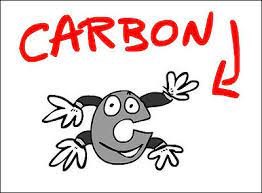 Grade Level: 3-8
Grade Level: 3-8
Duration: Five videos ranging in duration from 2 minutes and 39 seconds to 4 minutes and 16 seconds.
Description: This collection of videos from NPR discusses how global warming and carbon are related. Students will learn about the properties of carbon, its connection to climate change, and how individuals can change their reliance on carbon-based fuels to help fight climate change.
Episode 1, Episode 2, Episode 3, Episode 4, Episode 5
How Carbon Dioxide Warms Planet Earth I NOVA I PBS
 Grade Level: 4-12
Grade Level: 4-12
Duration: 2 minutes 32 seconds
Description: This short video from NOVA PBS explains how increased carbon dioxide levels in the earth's atmosphere cause rising temperatures and, as a result, sea ice to melt and sea levels to rise. Students will learn just how much carbon dioxide is present in the earth's atmosphere and what this means for the future of our planet.
Climate Change 101 with Bill Nye | National Geographic
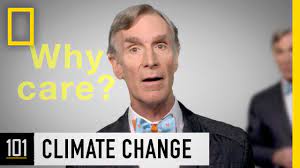 Grade Level: 4-12
Grade Level: 4-12
Duration: 4 minutes 9 seconds
Description: This video from National Geographic features Bill Nye as he discusses climate change. The video explains that 97% of scientists believe that greenhouse gases associated with human activities are at the root of modern climate change. Students will learn that climate change causes problems, such as ocean acidification, sea-level rise, and the melting of ice sheets. They will also learn what humans can do to help mitigate the consequences of climate change.
Climate change: Earth's giant game of Tetris - Joss Fong
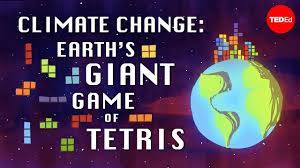 Grade Level: 4-12
Grade Level: 4-12
Duration: 2 minutes 48 seconds
Description: This video from TED-Ed by PBS Digital Studios discusses how the carbon cycle is connected to the earth's climate and why excess atmospheric carbon creates problems for the planet. Through an analogy to a Tetris game, students will learn how and why as more carbon dioxide piles up in the atmosphere, earth becomes hotter.
What is the 'Paris Agreement', and how does it work?
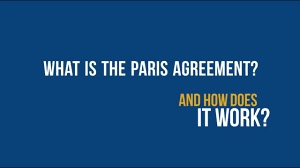 Grade Level: 6-12
Grade Level: 6-12
Duration: 1 minute 39 seconds
Description: In this video from the United Nations, students will learn what the Paris Agreement is and what are the responsibilities of participating countries.
Does Climate Change Cause Extreme Weather? | Above the Noise
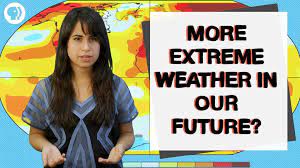 Grade Level: 6-12
Grade Level: 6-12
Duration: 4 minutes 51seconds
Description: This video from Above the Noise, provided by PBS LearningMedia, covers how global warming occurs and the difference between weather and climate. Students will also learn how climate change influences extreme weather.
What is Climate Change? Crash Course Geography #14
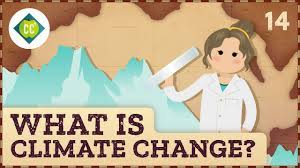 Grade Level: 6-12
Grade Level: 6-12
Duration: 12 minutes 59 seconds
Description: This video from Crash Course by PBS Digital Studios discusses the geographical impacts of climate change and global warming. Students will learn that global warming has caused problems such as more frequent and severe extreme weather events, heat waves, droughts, melting glaciers, and sea-level rise. Students will also learn how climate change occurs, how scientists measure climate change, and what human activities are at the root of modern climate change.
Climate Science: What You Need To Know
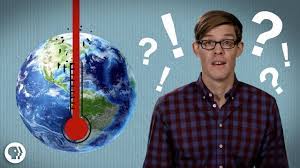 Intended Audience: 6-12
Intended Audience: 6-12
Duration: 6 minutes 19 seconds
Description: This video is from It’s Okay To Be Smart by PBS Digital Studios. Students will learn about the data and science that explain why the climate is changing and support the idea that human activities are at the root of the current climate crisis.
Will Climate Change Stop If We Stop Emitting Carbon Tomorrow? | Hot Mess
 Grade Level: 6-12
Grade Level: 6-12
Time: 5 minutes 56 seconds
Description: This video from Hot Mess by PBS Digital Studios discusses what would happen if humans stopped emitting carbon dioxide. Students will learn that even if we stopped burning carbon-emitting fuels, both earth's temperature and sea levels would continue to rise because of heat retention in the oceans and the fact that carbon dioxide stays in the atmosphere for a long time. However, students will also learn about the immediate benefits that people and the planet would experience if we stopped burning carbon-based fuels.
Climate Change: How Doomed Are We? | Above the Noise
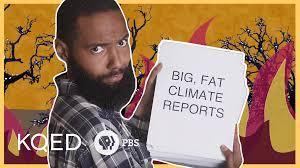 Grade Level: 6-12
Grade Level: 6-12
Duration: 8 minutes 36 seconds
Description: This video from Above the Noise, provided by PBS LearningMedia, discusses the extent of climate change and attempts to answer the question, "Are we doomed?” Students will learn about the severe weather associated with climate change, the goals of the Paris agreement, and the changes the world needs to make to mitigate future climate change and its consequences.
Climate Change: Activism and Policy
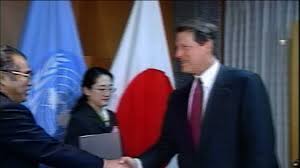 Grade Level: 6-12
Grade Level: 6-12
Duration: 4 minutes 53 seconds
Description: This video from American Masters, provided by PBS LearningMedia, covers the history of climate change activism and policy. Students will learn how industrial companies and unions organized to halt policies designed to reduce greenhouse gas emissions.
Podcasts:
On 50th Anniversary Of Earth Day, What You Can Do For The Environment
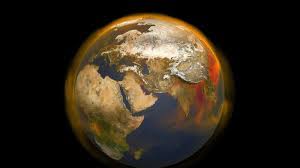 Grade Level: 9-12
Grade Level: 9-12
Duration: 11 minutes 58 seconds
Description: This episode of Short Wave from NPR discusses what individuals can do to help with climate change. Emily Kwong, a Short Wave reporter, interviews Christiana Figueres and Tom Rivett-Carnac, lead negotiators for the United Nations during the 2015 Paris Agreement. Students will learn what the Paris Agreement is, the importance of climate education, and how individuals can help slow global warming by creating a climate action plan and doing more with less.
5 Ways To Cut Carbon Emissions At Home
 Grade Level: 9-12 (may be suitable for younger audiences with a long attention span)
Grade Level: 9-12 (may be suitable for younger audiences with a long attention span)
Duration: 17 minutes
Description: Listening to this episode of Short Wave from NPR, students will learn five ways that individuals can reduce their household’s carbon emissions.
Climate Change And 2020's Record-Breaking Hurricane Season
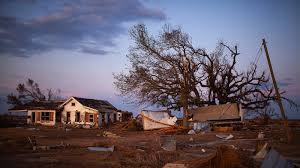 Grade Level: 9-12
Grade Level: 9-12
Duration: 13 minutes 30 seconds
Description: In this episode of Short Wave from NPR, students will learn what parts of 2020’s intense hurricane season were related to climate change and how climate change is predicted to cause more severe weather events in the future. Note: Story starts 1 minute and 15 seconds in.
It's 2050 And This Is How We Stopped Climate Change
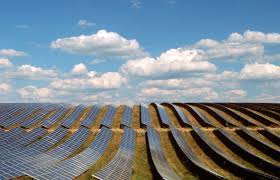 Grade Level: 6-12
Grade Level: 6-12
Duration: 5 minutes 50 seconds
Description: This segment from NPR’s Goats and Soda explores what a world where we stopped climate change would look like. Students will learn how electric vehicles, renewable energy, and electrification of everything would help curb climate change. Students will also understand how stopping climate change has to be a fight taken on by every member of society.
Episode 472: The One-Page Plan To Fix Global Warming ... Revisited
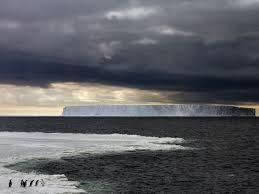 Grade Level: 9-12 (may be suitable for younger audiences with a long attention span)
Grade Level: 9-12 (may be suitable for younger audiences with a long attention span)
Duration: 23 minutes 58 seconds
Description: This episode of Planet Money from NPR discusses how a carbon tax could help solve the problem of global warming. Students will learn about the economics behind a carbon tax and the feasibility of a carbon tax in the U.S.
Podcasts About Teaching About Climate Change:
Teaching Middle-Schoolers Climate Change Without Terrifying Them
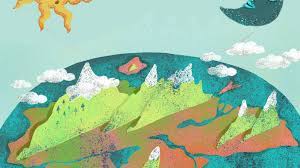 Intended Audience: Parents and Educators
Intended Audience: Parents and Educators
Duration: 3 minutes 42 seconds
Description: In this short NPR story, Bertha Vazquez, an earth science educator in Miami Florida, discusses how she teaches her students about climate change by promoting a classroom culture of climate solution building.
How To Talk To Kids About Climate Change
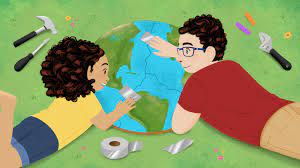 Intended Audience: Parents and Educators
Intended Audience: Parents and Educators
Duration: 23 minutes 4 seconds
Description: This episode of Life Kit from NPR offers advice to parents about discussing climate change with their children. The tips presented in the podcast could also be helpful to educators who are navigating the challenges of teaching their students about climate change.
Games/Activities:
Greenhouse Gas Game
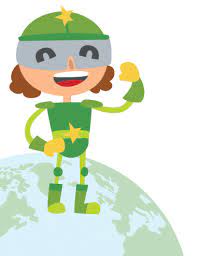 Grade Level: 5-8
Grade Level: 5-8
Duration: 35-90 minutes
Description: In this board game from the University Corporation for Atmospheric Research (UCAR), students will learn which human activities produce greenhouse gases and how these greenhouse gases affect global temperatures.
Mitigation or Adaptation
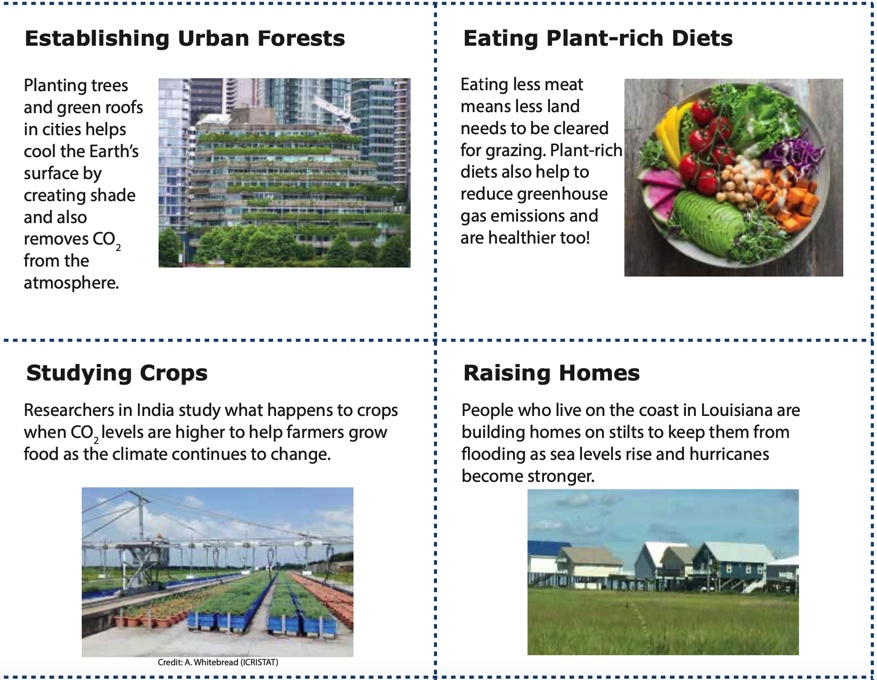 Grade Level: 6-8
Grade Level: 6-8
Duration: 45-55 minutes
Description: In this activity from the University Corporation for Atmospheric Research (UCAR), students will sort cards with climate change solutions and strategies written on them and will place them in the categories of climate change mitigation, adaptation, or both.
Climate Time Machine
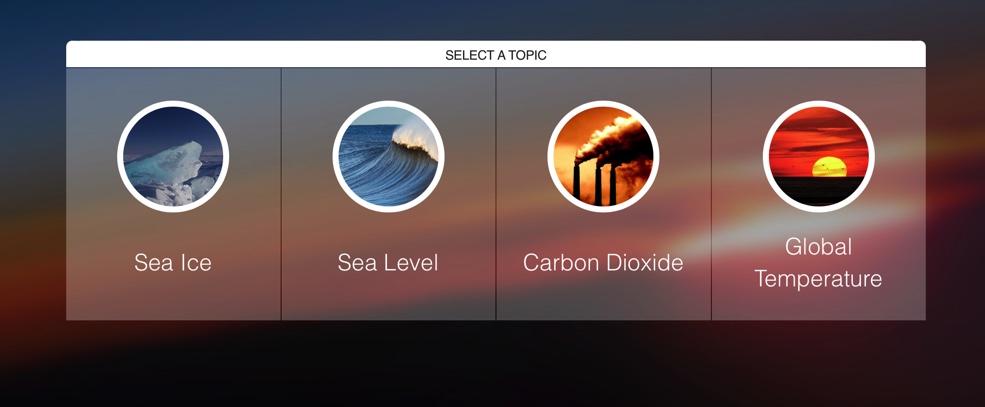 Grade Level: 6-12
Grade Level: 6-12
Duration: 5-10 minutes
Description: These interactive visuals from NASA Science depict how earth’s sea ice, sea level, carbon dioxide levels, and temperatures have changed over time. By adjusting the settings on each visual, students can better understand the extent and impacts of climate change.
Greenhouse Gases Sorting Game
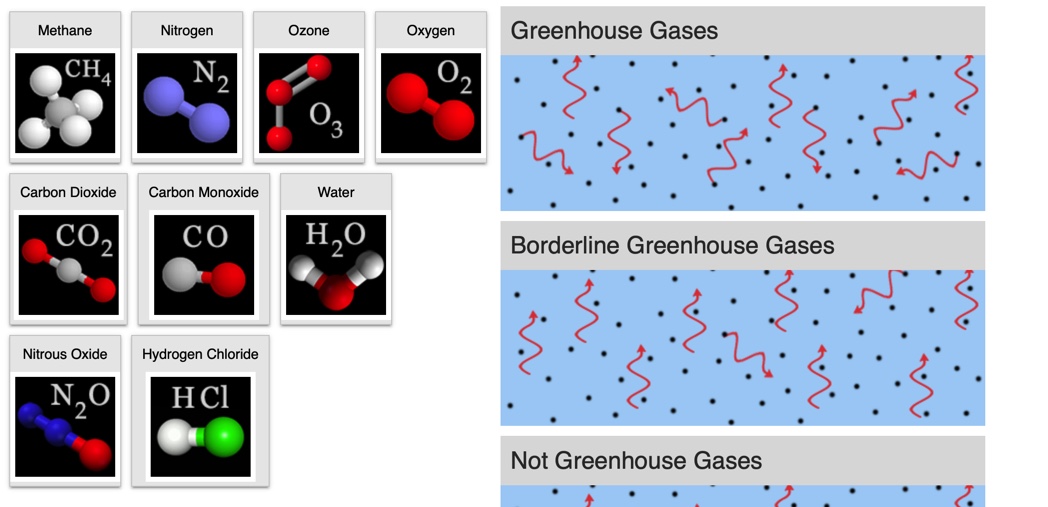 Grade Level: 7-12
Grade Level: 7-12
Duration: 5-10 m inutes
Description: In this internet game from the University Corporation for Atmospheric Research (UCAR), students will sort different gas molecules into three groups: greenhouse gases, non-greenhouse gases, and borderline greenhouse gases.
C-ROADS Climate Change Policy Simulator
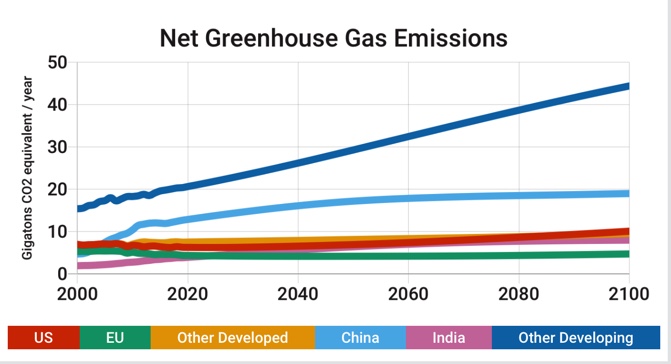 Grade Level: 9-12
Grade Level: 9-12
Duration: 10-30 minutes
Description: This simulator from climate interactive allows students to see what would happen if countries began to reduce their carbon emissions. Students will choose a start date and an end date for their reductions and see the impact this would have on lowering the global temperature. Additionally, students can play with other factors on their simulator, such as promoting afforestation and preventing deforestation.
